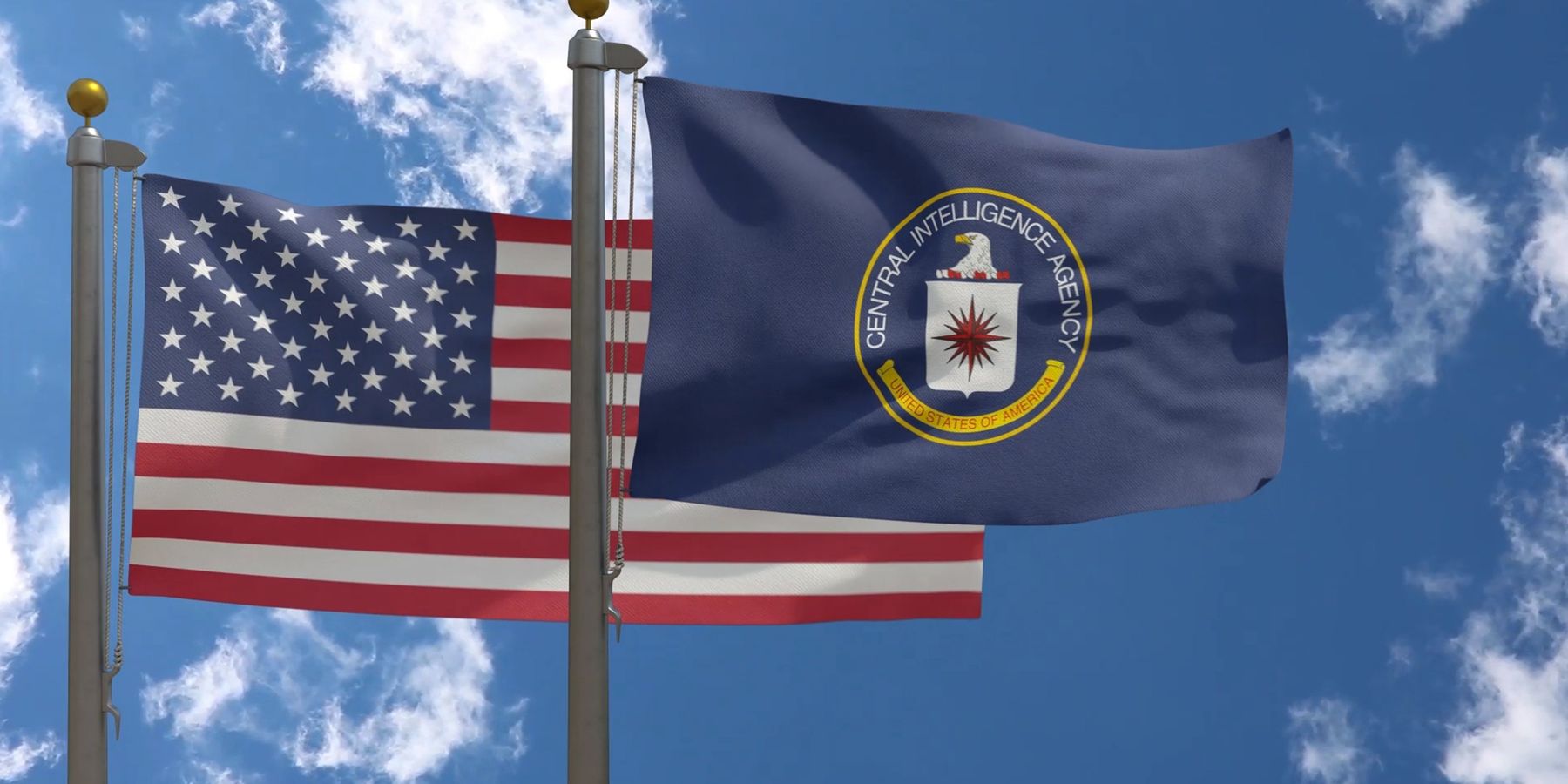
Austin’s South by Southwest festival is a meeting of the minds for disruptors in film, education, technology, culture, music and... the U.S. military.
The Central Intelligence Agency (CIA) will be hosting a panel at this year’s SXSW, and it turns out it's not their first festival. The government organization known for its covert tactics posted a canva-esque graphic to Twitter to announce their “Spies Supercharged: Tech and Future of CIA” panel at SXSW2023 and people were quick to respond.
The panel promises to unpack our landscape of “ubiquitous surveillance, artificial intelligence, sophisticated disinformation campaigns and data streams that double in size every two years” with the agency’s top executives in technology and digital innovation.
SXSW is known to most as a beloved arts & culture festival featuring everything from music acts from around the world to TV show premieres, film sneak peeks and panels led by people in almost every industry you can think of. But the oft unsung side of the festival consists of trade conferences, tech panels and military recruiting.
As reported on last year’s CIA SXSW panel by WTOP, SXSW is the perfect breeding ground for the next generation of super spies.
“The SXSW Festival attracts tech-savvy, forward-leaning and diverse innovators — the exact talent we need to assess and tackle complex global challenges, and provide policymakers the answers they need to make informed policy decisions,” Terry Randall, Deputy Chief of the CIA’s Talent Acquisition Office told WTOP in 2022.
“The convergence of cutting-edge technologies, data analytics and other STEM-related fields makes South-By an ideal recruiting environment... we look for candidates with intellectual curiosity, interest in international affairs, foreign languages and experience overseas; people who desire meaningful work, have an interest in solving interesting problems and want to serve their nation.”
Their not-so-clandestine plan is not to convert your average festival attendee into a double-agent — so be sure to remind yourself of that before ingesting any paranoia-inducing substances — but instead to increase diverse recruits among the CIA’s ranks. And they’ve been at it for a while now. Back in 2016, they hosted America’s LGBT Spies: Secret Agents (of Change), a presentation by “America’s Top Spy James Clapper” and “self-declared LGBT ally,” with the description reading: “#sxsw #LGBTspy.”
It all factors into the intelligence agency’s DE&I plan. Yes, the CIA has co-opted DEI. Dating back to President Obama’s 2011 Executive Order 13583, personnel efforts in the federal government have sought to “promote the Federal workplace as a model of equal opportunity, diversity, and inclusion” and recruit a workforce more representative of the U.S. population and, in the case of the CIA, the populations of countries in which they operate overseas, or as their SXSW tweet puts it, “flying south.”
The public response to the CIA’s presence at SXSW comes at a fraught time for the festival, as the Union of Musicians and Allied Workers continues their call for increased artist payments. In an open letter to SXSW and its parent company PENSKE Media, owner of outlets like Rolling Stone, Billboard, Hollywood Reporter and Variety, 120+ musicians called for compensation increases, an end to application fees and compensation + wristband deals for international and domestic performing acts.
“The cost of touring, and the overall cost of living, have soared over the past decade, but SXSW has continued to offer the same disrespectful deal to artists,” musician and UMAW founder Joey La Neve DeFrancesco shared in a statement. “The festival has continued to grow, and openly brags about the hundreds of millions of dollars it generates for Austin. Yet the artists who are the backbone of the festival continue to be mistreated.”
As festivals become content-farms and brands, and both businesses and the U.S. government sideline culture, the question remains of how far we can push the boundaries of art and technology and where artists can turn for authenticity while performing alongside panels like “Does ‘Mind Control For Good’ Exist?” That one’s not even government-funded.
Photo courtesy of Shutterstock
From Your Site Articles
- girli Has 'Imposter Syndrome' ›
- Charli XCX's Quarantine Documentary Will Premiere at SXSW ›
- Everyone's Memeing the New CIA Logo ›
- SXSW Standout Obongjayar On His First US Performance ›
Related Articles Around the Web